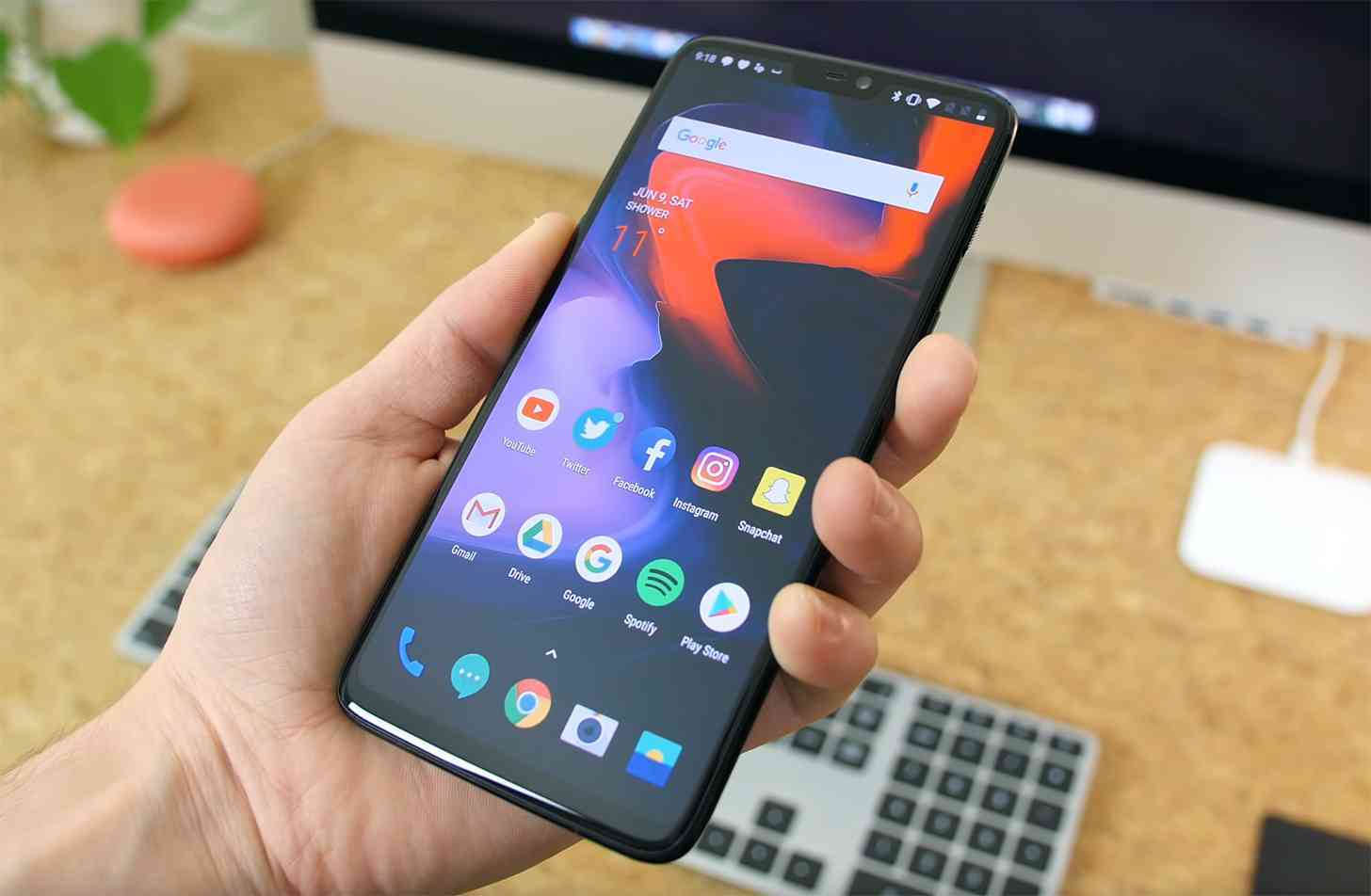
Over the last few years we have watched as companies, both large and small, have turned to testing their software out there in the wild, rather than developing it solely behind closed doors. Apple has opened its beta programs for its various platforms to public beta tests, and Microsoft has also done the same with Windows, thanks to its Insider Program. OnePlus and many others also offer similar programs.
This should be a bit of a win-win situation, considering it's the company that gets to put their prerelease software out there in the wild and let people test it, and people who like that sort of thing get bleeding-edge features before the general public. And yet one has to wonder if it's really like that in reality.
I have quite a few friends who are part of the Microsoft Insider Program, either for Windows 10 or for the company's Xbox. I used to be part of that mix, for the latter hardware. Through general conversations I've learned that most of them are just happy to get the early software, and don't necessarily go out of their way to actually provide any feedback to the company. I think, personally, while testing out prerelease Xbox software I've only ever filed an issue or given general feedback maybe a handful of times in general.
My own track record with iOS is much worse, though. I haven't tried beta software in a couple years, at least, but back when I was giving it a go all the time I never gave any feedback. My rationale at the time was pretty straightforward, even if it wasn't part of the public beta program: There were already enough people out there testing the software and leaving feedback, I'm sure this has already been submitted dozens of time.
That's probably not good enough, and it's actually one of the reasons I stopped trying prerelease software. I realized that I do have a bit of an obligation to give the company behind the software some thoughts on how it's all panning out, especially if a major issue is discovered. If I'm not going to do that, I can definitely wait for the final version of the software.
Recently, Microsoft pulled its latest major update to Windows 10 due to a couple of pretty big bugs. Pulling the update altogether is a bold move for Microsoft, as the company is definitely no stranger to patches to help smooth things over. But what grabbed my attention are the reports that Microsoft was informed of the same issues before the software update initially rolled out, which means the prerelease testers were definitely informing Microsoft of the issues, but apparently it wasn't enough to slow things down. Once the update went live, though, and millions of people were able to get their hands on it, things changed quite a bit.
If you play video games, especially major titles from AAA publishers, and have run into major bugs along the way, or even minor ones for that matter, you have probably wondered or had a conversation with someone about how "this wasn't caught in testing". The same can definitely be said for software on other devices, including computers and smartphones. Major issues that appear to have somehow completely gone under the radar before launch suddenly crop up while out there in the wild. How can that happen?
There are answers for this, of course. Some things do get missed, some things are small enough to not be a concern until they're released to millions of devices, and sometimes things get fixed but not for all devices. But it's the fact that the issues were reported to Microsoft, and still resulted in the company having to pull the corresponding software update after the fact that got me to wondering if public beta tests are worthwhile.
Which is why I wanted to reach out to you and ask: If you use beta software, especially as part of a public beta program, do you make sure to leave feedback for the company along the way? If you've encountered some issue or another, have you passed that info along? Or do you just like using the early software before the public launch? Let me know!